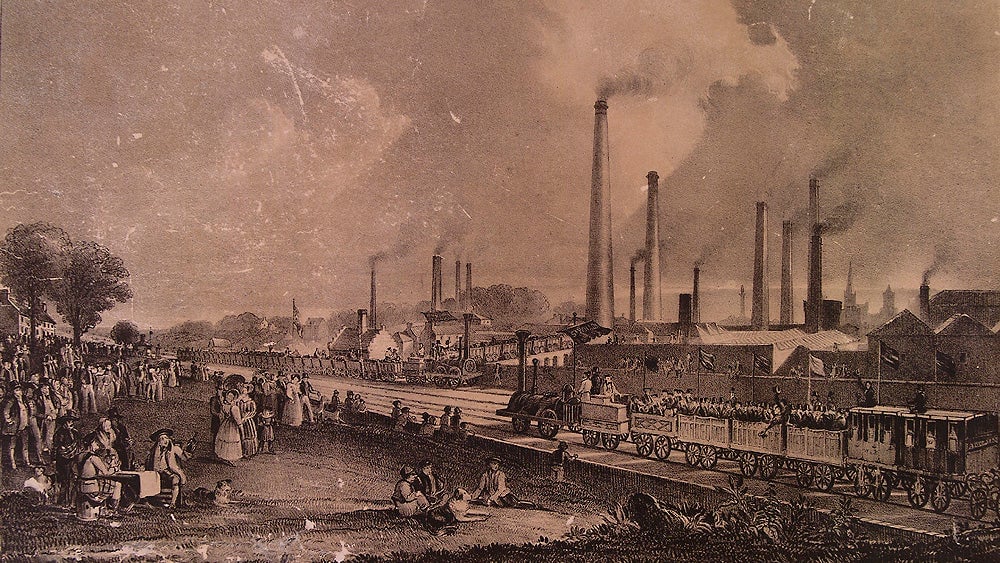The country behind the first industrial revolution is reckoning with the problem it created
The first industrial revolution began in the late 1700s when British inventor James Watt fed blocks of coal into a steam-engine boiler, catapulting Great Britain into a global power. On May 1 of this year, lawmakers in the country where it all began declared a “climate emergency,” essentially saying the experiment has run its course.


The first industrial revolution began in the late 1700s when British inventor James Watt fed blocks of coal into a steam-engine boiler, catapulting Great Britain into a global power. On May 1 of this year, lawmakers in the country where it all began declared a “climate emergency,” essentially saying the experiment has run its course.
For over two centuries, fossil fuels made the world, on average, a better place to live. But if we don’t stop pumping greenhouse gases into the air, we’re going to leave behind an uninhabitable planet for a large majority of species and diminish our own civilization.
Declaring an emergency is not enough. The UK needs a plan, and, on May 2, the government-appointed Committee on Climate Change provided one. It recommended the UK reach “net-zero” greenhouse-gas emissions by 2050, saying this was possible at “manageable” costs—less than 2% of GDP annually—and using existing technologies.
If the government accepts this recommendation, which seems likely, the UK will become the first major economy to set legally binding climate goals in line with the Paris agreement. It’s fitting that the UK does more than others to cut emissions, since the country has been one of the world’s largest historical contributors to the problem.
The costs of low-carbon technologies, from solar and wind to batteries and carbon capture, are falling, and in many places renewables are replacing fossil fuels. Protests around the world, including those from schoolchildren, show that political will for climate action is finally coalescing.
“We’re in a remarkable moment,” environmentalist Bill McKibben writes in the New Yorker. “After years of languishing, climate concern is suddenly and explosively rising to the top of the political agenda.”
Such moments have come before, and there’s no guarantee other rich countries will follow the UK’s lead. But the chances have never looked better, and we need to act with urgency. On Monday, the UN’s top research body on nature will publish an 1,800-page report in which the world’s scientists say climate breakdown threatens to annihilate a million species.
This essay first appeared in the weekend edition of the Quartz Daily Brief newsletter.